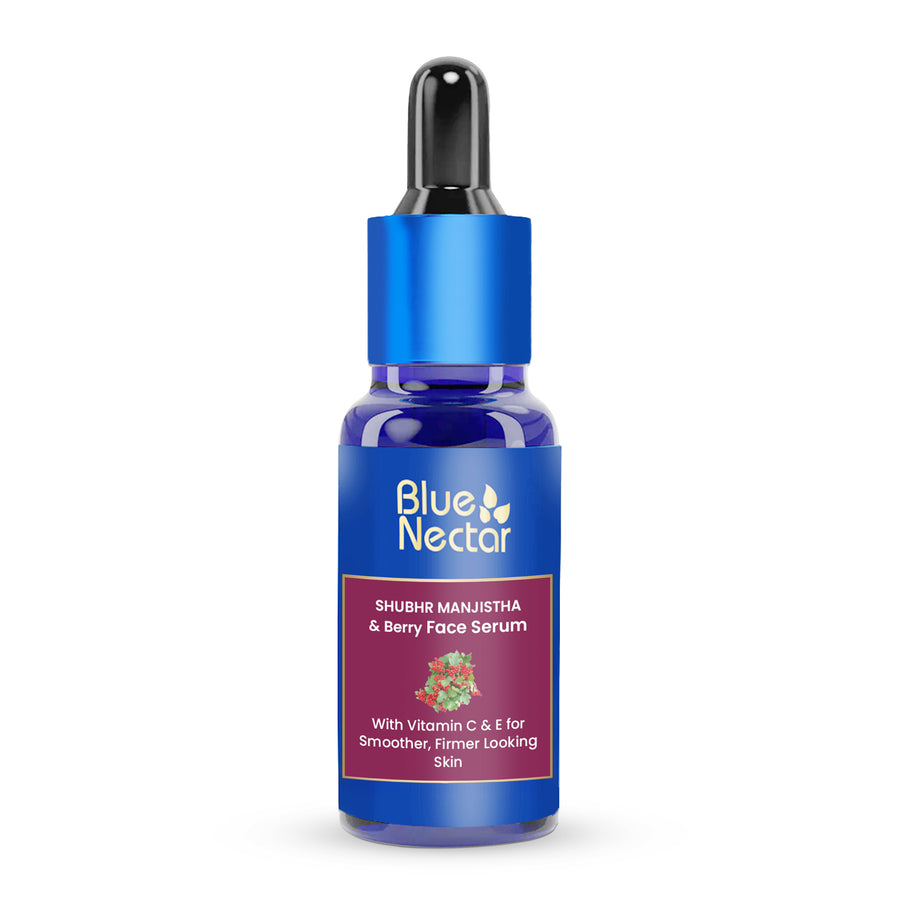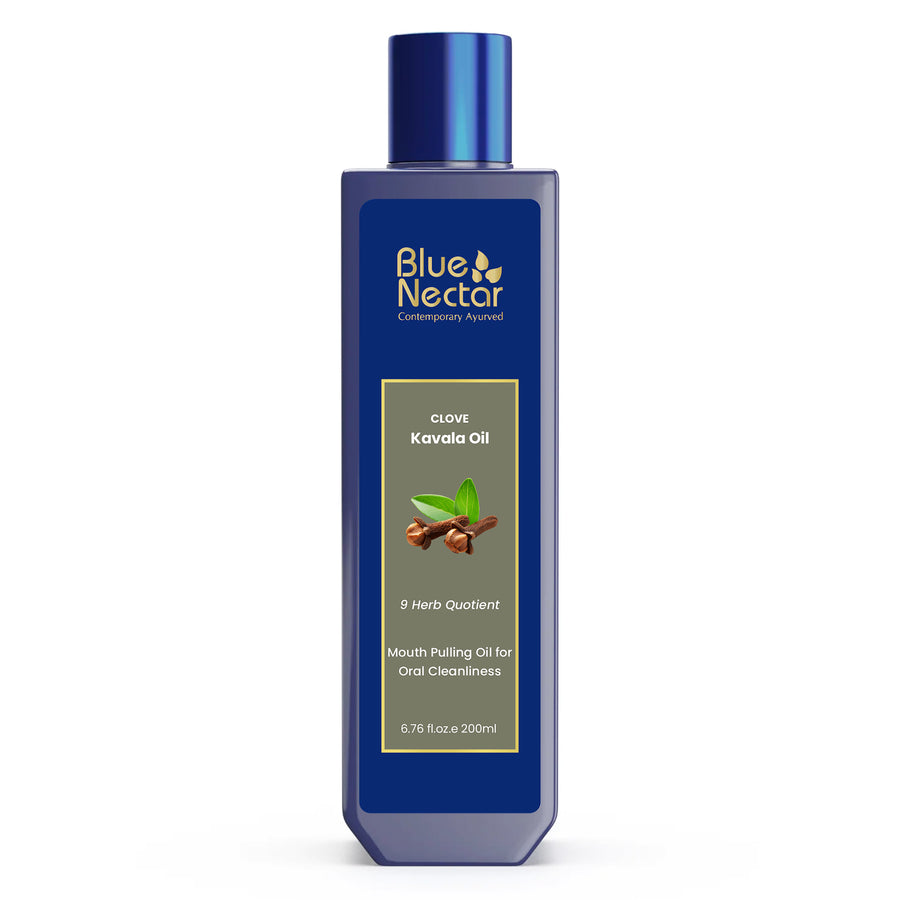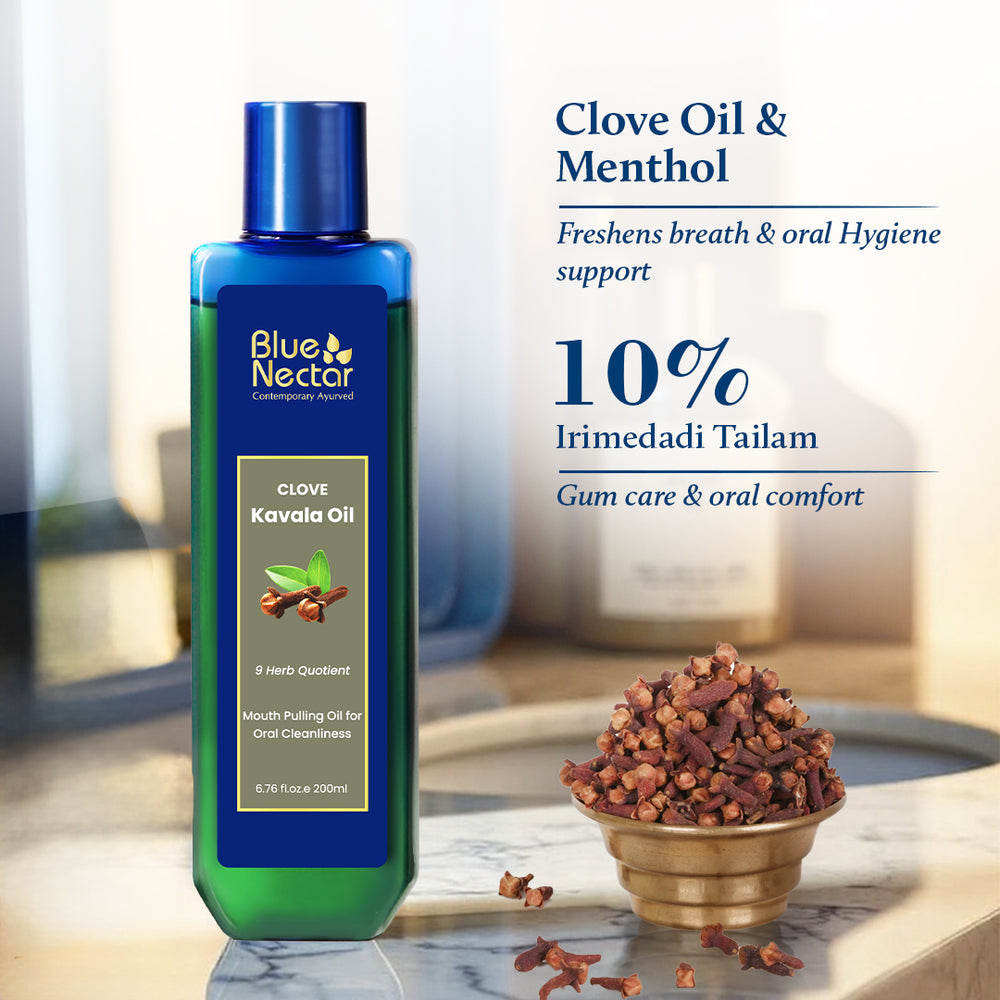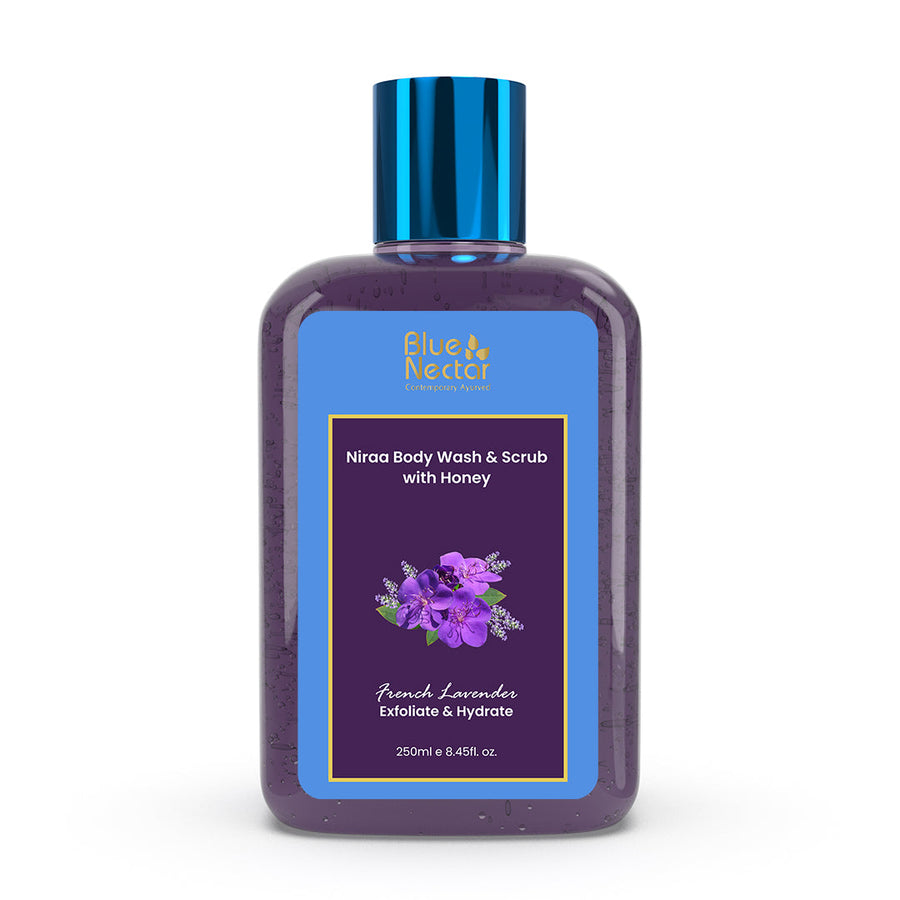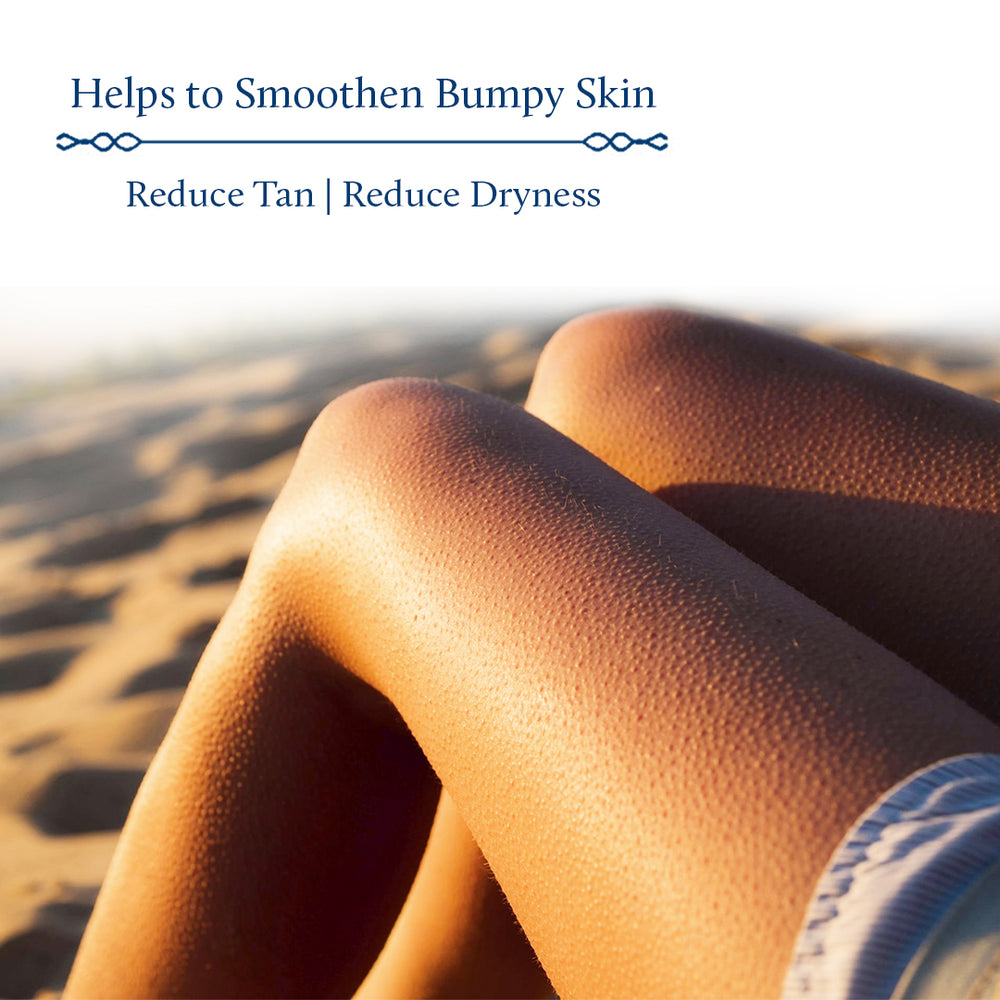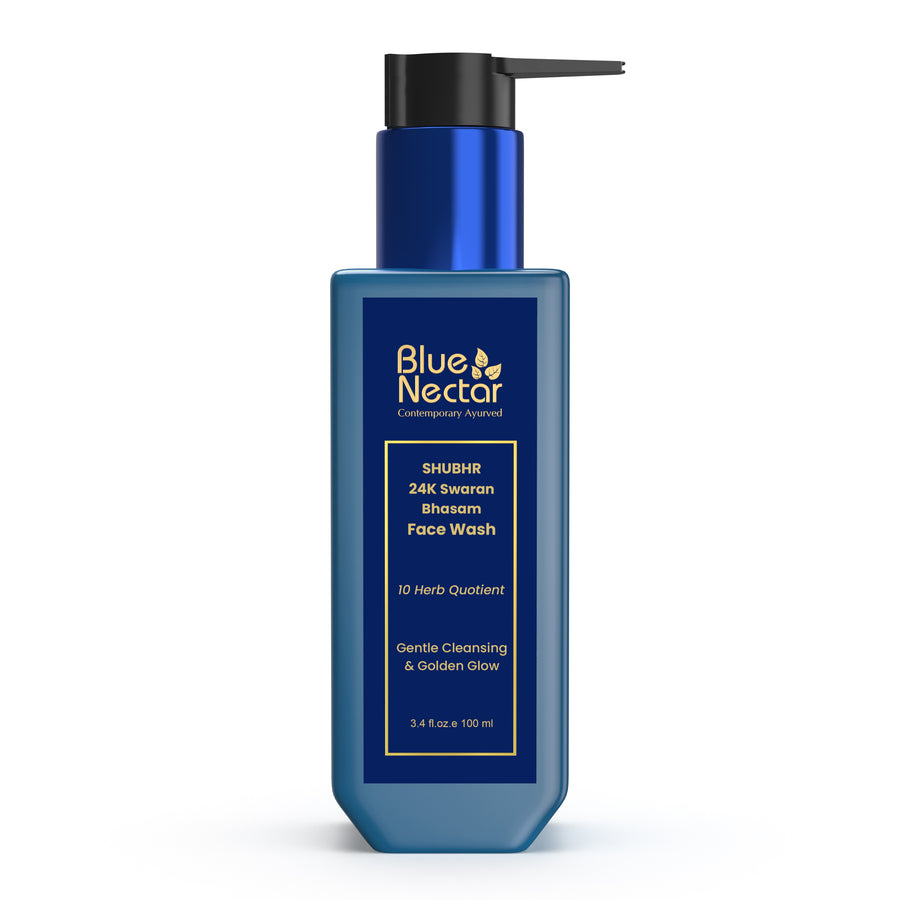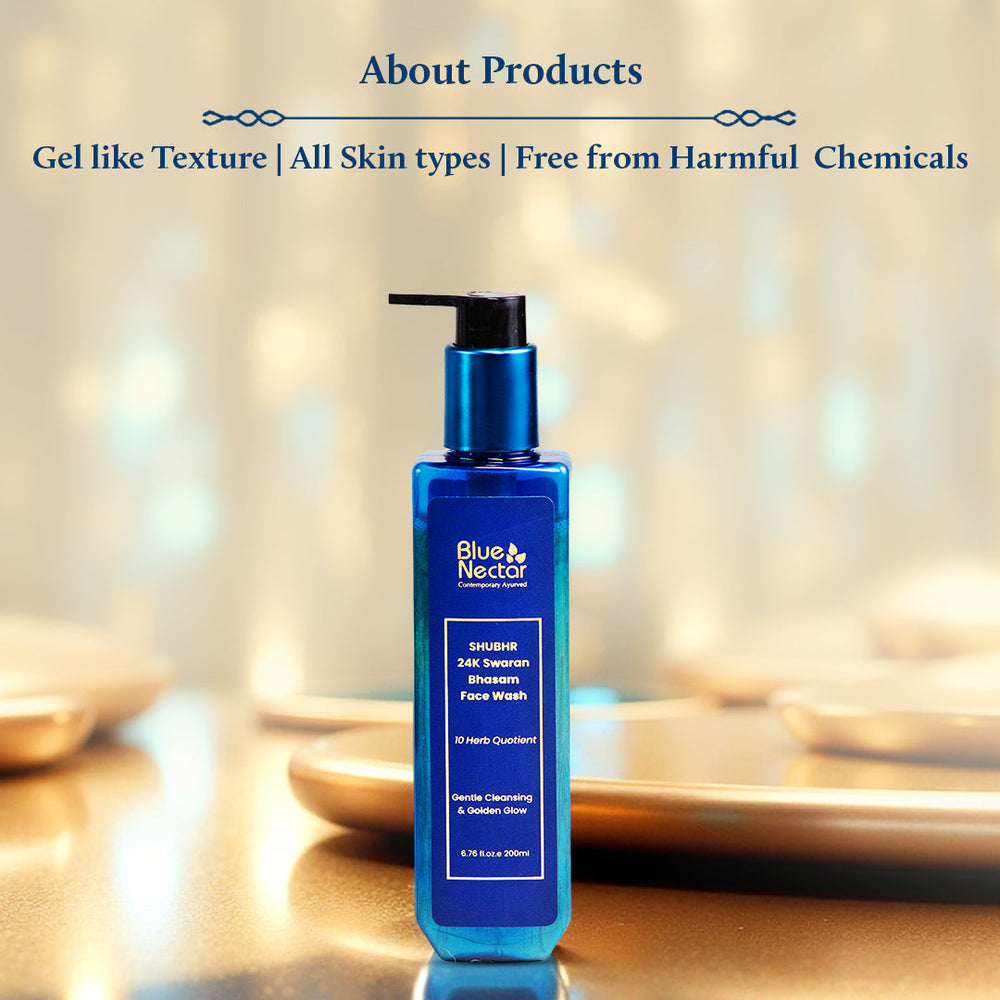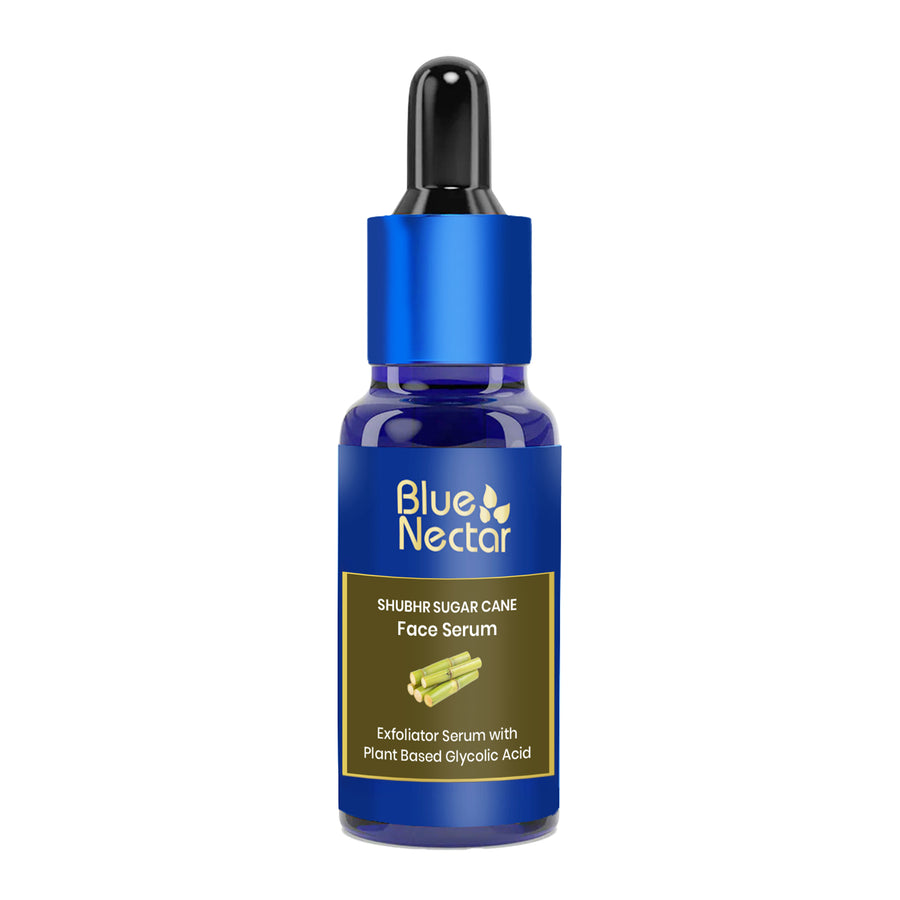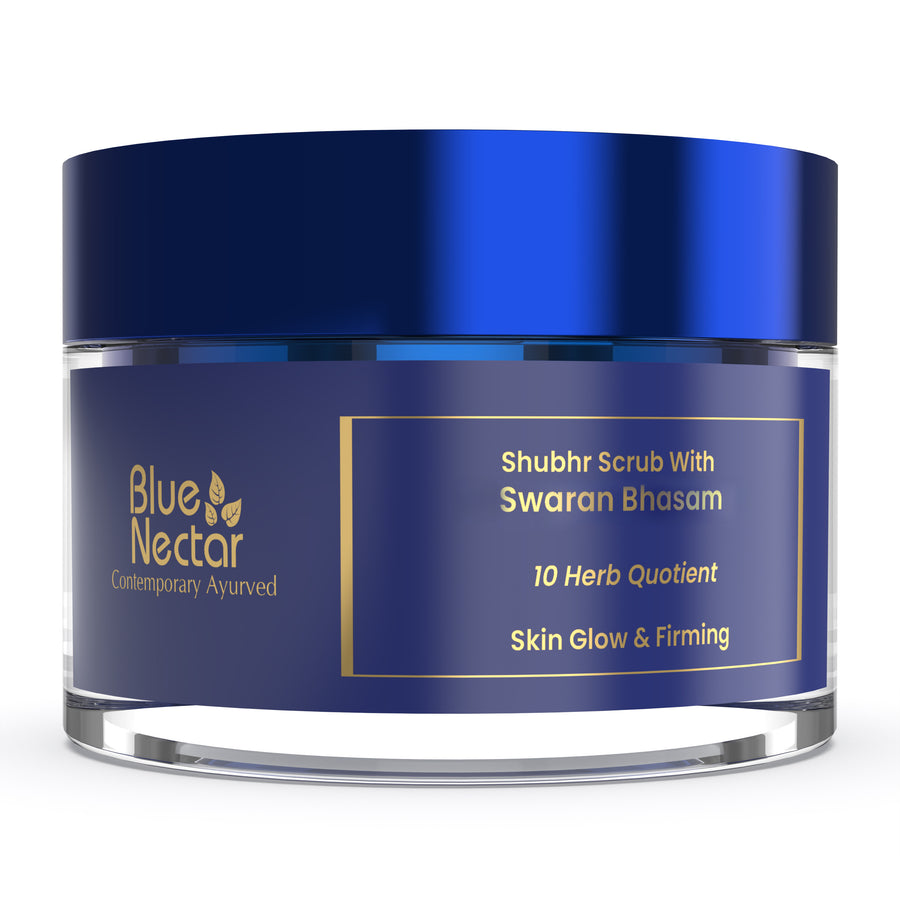FAQ
1. What is Salicylic Acid, and How Does It Work in Skincare?
Salicylic acid is a beta-hydroxy acid (BHA) known for its ability to penetrate the pores and dissolve excess oil and dead skin cells. It's commonly used in skincare products to treat acne, unclog pores, and improve skin texture.
2. What Are Some Natural Alternatives to Salicylic Acid for Acne Treatment?
For those seeking natural alternatives, Ayurvedic skincare offers several plant-based ingredients with similar properties to salicylic acid. Neem, turmeric, tea tree oil, and licorice extract are known to contain Salicylic Acid making them effective for Acne Treatment..
3. Is Salicylic Acid suitable for all skin types?
While salicylic acid is particularly beneficial for oily and acne-prone skin due to its deep pore cleansing properties, it can also be suitable for other skin types. However, individuals with sensitive or dry skin may need to use it with caution and consider patch testing before regular use to avoid potential irritation.
4. How does Aloe Vera compare to synthetic ingredients like Salicylic Acid in skincare?
While chemical based Salicylic Acid is commonly used to treat acne and exfoliate the skin, it can sometimes cause irritation, especially for those with sensitive skin. Aloe Vera is natural source of Salicylic Acid making it gentler alternative to synthetic Salicylic Acid
5. Can Aloe Vera be used effectively for acne-prone skin?
Yes, Aloe Vera is suitable for acne-prone skin due to its antibacterial and anti-inflammatory properties. It helps to reduce redness and inflammation associated with acne, while also hydrating the skin to prevent excessive dryness.
6. How does tea tree act as a plant-based alternative to salicylic acid?
Tea tree oil contains terpenes, which exhibit similar properties to salicylic acid. It helps in unclogging pores, reducing inflammation, and treating acne without causing irritation, making it a natural alternative to salicylic acid in skincare.
7. How do Neem and Tulsi contribute to skincare, particularly in managing acne and blemishes?
Neem and Tulsi possess antibacterial and anti-inflammatory properties, making them ideal for treating acne. They help cleanse the skin, control excess oil, and reduce inflammation, promoting a clearer complexion
8. What is glycolic acid, and how does it fit into Ayurvedic skincare?
Glycolic acid is a type of alpha hydroxy acid (AHA) derived from sugarcane. In Ayurvedic skincare, it is often used as a natural exfoliant to remove dead skin cells, promote cell turnover, and reveal smoother, brighter skin.
9. Does glycolic acid make the skin more sensitive to sunlight?
Yes, glycolic acid can increase skin sensitivity to sunlight, making it essential to wear sunscreen daily, especially when using glycolic acid products. Opt for a broad-spectrum sunscreen with SPF 30 or higher to protect your skin from harmful UV rays.
10. Can glycolic acid help with specific skincare concerns, such as acne or hyperpigmentation?
Yes, glycolic acid can be beneficial for addressing various skincare concerns, including acne, hyperpigmentation, uneven skin tone, and texture. Its exfoliating properties help unclog pores, reduce acne breakouts, and fade dark spots over time, leading to clearer, more radiant skin.
11. What are the Benefits of Using Sugarcane in Skincare?
Sugarcane helps to remove dead skin cells, unclog pores, and promote cell turnover, resulting in smoother, brighter skin. It also aids in reducing the appearance of fine lines, wrinkles, and hyperpigmentation.
12. How often should I use the Glycolic Acid Exfoliator Face Serum?
For optimal results, use the serum regularly. However, start by incorporating it into your routine a few times a week and adjust based on your skin's response.
13. How does the Madurai Jasmine Body Wash and Scrub offer exfoliation without harsh chemicals?
Our Madurai Jasmine Body Wash and Scrub is enriched with 10 Ayurvedic herbs, including ingredients like papaya and honey. These natural ingredients contain enzymes and antioxidants that gently exfoliate the skin, revealing a smoother and glowing complexion without the need for harsh chemicals like glycolic acid.
14. Can Blue Nectar's Exfoliator Face Serum be used in conjunction with other skincare products?
Yes, Blue Nectar's Exfoliator Face Serum can be incorporated into your skincare routine alongside other products. However, it's essential to use sunscreen during the day when using exfoliating products to protect your skin from UV damage. Additionally, avoid using abrasive physical exfoliants simultaneously to prevent irritation.
15. Can this Shubhr Almond & Flax Seed Powder Face Cleanser help with uneven skin tone or hyperpigmentation?
Yes, the exfoliating properties of plant based ingredients in the Shubhr Almond & Flax Seed Powder Face Cleanser can help to fade dark spots and even out skin tone over time, revealing brighter and more radiant skin.
16. What is the primary benefit of Coffee Bean in the Shubhr Almond & Flax Seed Powder Face Cleanser?
Coffee Bean acts as an excellent exfoliator, helping to remove dead skin cells and promoting a smoother skin texture.


